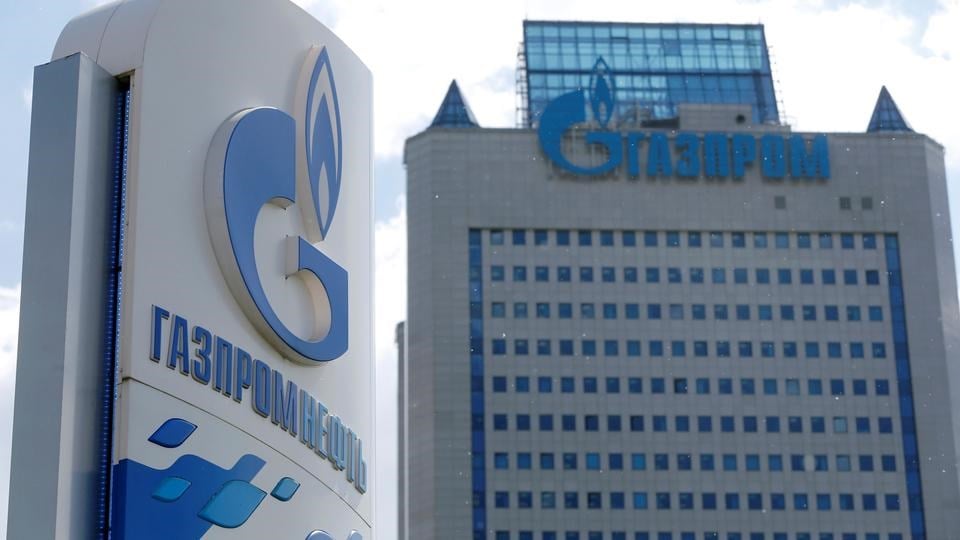Gazprom: Gas prices for Europe could reach $4,000 this winter
Gas giant Gazprom said that it does not rule out the possibility of gas prices hitting $4,000 per 1,000 cubic meters in the upcoming winter as spot gas prices hit $2,450 on London's ICE exchange.
-

Gazprom did not rule out $4000 per 1000 cubic meters gas prices for Europe (Reuters)
During the upcoming winter of 2022-2023, Gazprom, on Tuesday, stated that it does not rule out that gas prices across the European continent might reach up to $4,000 per 1,000 cubic meters.
In a statement, Gazprom said that "We would like to note, that on spot exchanges in Europe, gas prices have surpassed the figure of $2,500. According to conservative estimates, if the trend continues, prices will exceed $4,000 per 1,000 cubic meters in winter," Gazprom said.
For the first time since March 8, the spot price of gas in Europe on the ICE market in London earlier reached $2,450 per 1,000 cubic meters. This is taking place against a backdrop of rising spot gas prices in Asia, the closure of numerous Norwegian gas production and transportation facilities for planned maintenance through the end of August, as well as increasing temperatures, and a decrease in wind generation in Europe.
On March 7, 2022, the exchange rate for gas in Europe for the first time ever hit approximately $3,900 per 1,000 cubic meters.
According to Gazprom, over the first 7.5 months of 2022, gas shipments to nations outside the Commonwealth of Independent States fell by 36.2% to 78.5 billion cubic meters.
On July 27, Kremlin press secretary Dmitry Peskov said it was wrong to link the level of Russian gas supplies to Europe with the removal of EU sanctions against Moscow but the restrictions affected Gazprom’s delivery volumes.
Due to the suspension of many gas turbines, the Nord Stream gas pipeline has only utilized 20% of its capacity since July 27.
One of these, manufactured by Siemens Energy in Canada, was shipped to Montreal for maintenance. The manufacturer first hesitated to deliver the repaired equipment to Germany, since no such agreement has been signed and because of Ottawa's sanctions against Moscow.
Later, the Canadian Natural Resources Minister Jonathan Wilkinson said the Nord Stream 1 turbines sent to Canada for maintenance would be returned to Germany instead of Russia due to the anti-Moscow sanctions.
However, the situation prompted Russian gas giant Gazprom to reveal on July 27 that it had not a single document allowing German conglomerate Siemens to take a gas turbine engine for the Portovaya compressor station from Canada. As a result, just one turbine is still functional.
Read more: Economy minister slams Germany's economic model as 'dependent'

 3 Min Read
3 Min Read









